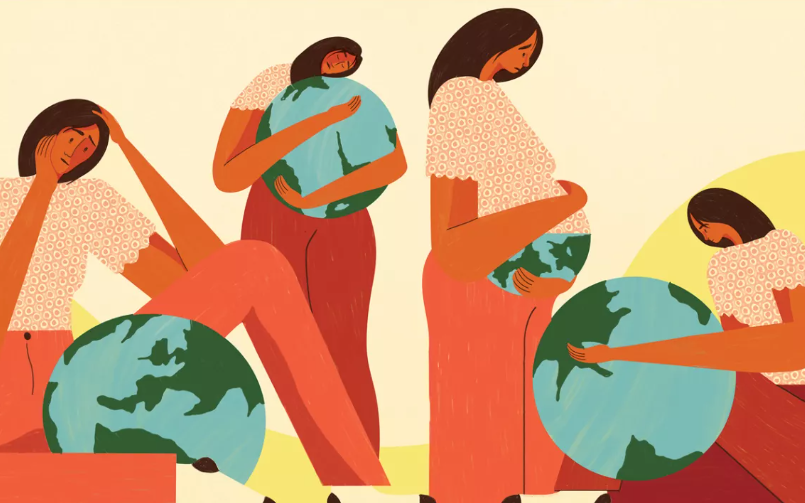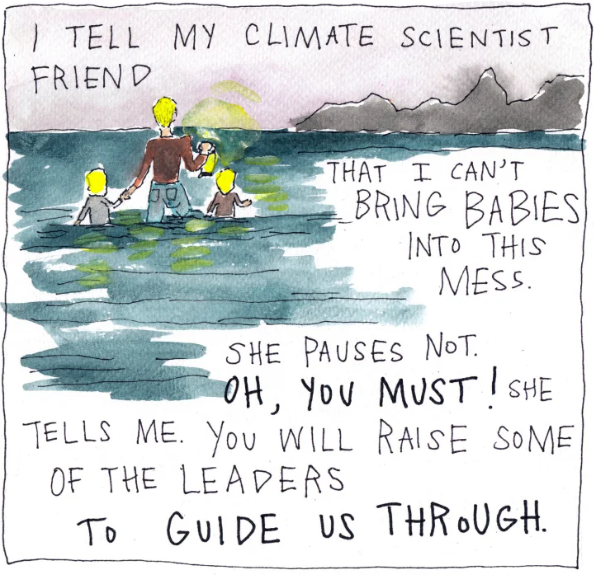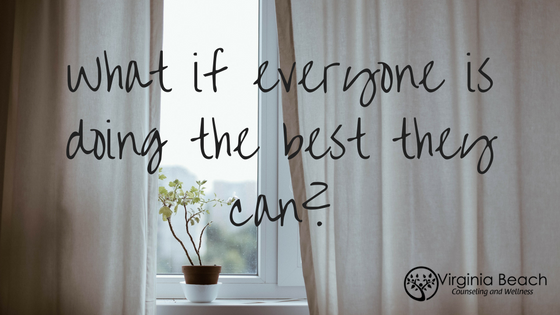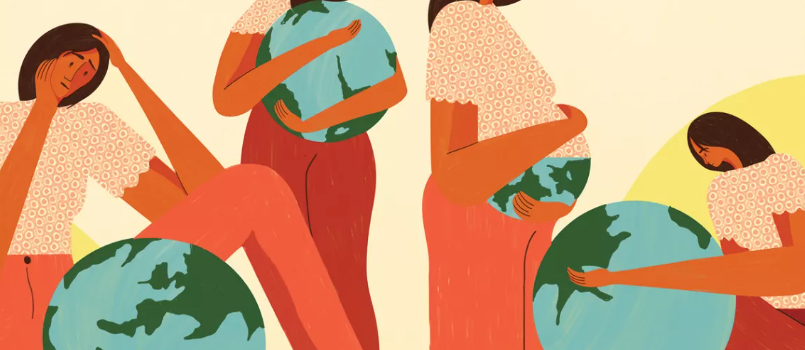I first read that not having children is the best thing you can do for climate change in David Collings’ Stolen Future, Broken Present: The Human Significance of Climate Change:
“The implications are unmistakable: a person who wishes to forestall severe climate change should not bear children…I freely concede that simply thinking this thought is enormously painful to most of us” (Collings, 2014, p. 175).
All these years later it is still ringing in my ears. However, there is much more to this conversation than is depicted in Collings’ quote that is worth considering.
At this time, I have decided that I do not want to have children biologically. My decision does not stem from the belief that the world should stop having children, nor is that realistic or just. In many regions, tribes, and cultures, children and motherhood play a vital part in society. For some it is a dream they cannot sacrifice. As well, having the power to even consider this decision stems from a place of privilege. I recognize all these positions.
 Illustration by Ellice Weaver
Illustration by Ellice Weaver
So how is climate change influencing people’s decision to have children biologically? Well, two questions that people tend to ask themselves are: “How large of an impact will my child have on the environment?” and, “Will my child be harmed?” However, Matthew Schneider-Mayerson, who teaches the first course on eco-reproduction, says:
“… when it comes to evaluating the life experiences of people who aren’t born yet, it’s more complicated than saying that more climatic change will automatically lead to a bad life, and therefore it’s unethical to have children.”
Realistically, changes need to happen in the next few years. So, does the future impact of our children on the planet really matter when making this choice? After conducting a study on how lifestyle changes can impact climate change, climate scientist Kimberly Nicholas concludes that despite the impact of childbearing, “population is actually irrelevant to solving the climate crisis…[given the] relevant timeframe for actually stabilizing the climate…” Whether they will be harmed physically and psychologically by the various climate hazards and extreme events is far more difficult to answer (or perhaps admit). In the same light, isn’t there always danger from which we can’t protect our children?
 Illustration by Perrin Ireland
Illustration by Perrin Ireland
In reading on this topic, the narrative of fear does seem to dominate why people (or why experts think people) are hesitant to bear children. Interestingly, this seems to open the door for people to decide that the joy of having a child overrides their fear of the future. But, I do not think that all individuals choosing not to have children biologically think that their fear is bigger than the joy of having children. I already know the joy would be greater. I also know that the joy and fear will co-exist, so I do not find this a helpful guide. As Joanna Macy says, “when we sit with our fear and our pain, instead of run from it, it changes. It turns to reveal its other face, which is our love for the world, our inseparableness with all life.” On the other side of our fear, whether it is about raising children or climate change itself, is love.
So, are we missing out on love if we don’t bear our own children? According to Matthew Schneider-Mayerson, “[T]his is an extremely specific conception of kinship and it’s so binary, impoverished, and isolating…[W]e should all be engaged in raising children whether or not there’s a child with our DNA.” I am grateful that I am able to challenge the expectation that my life or family will be incomplete if I do not bear children.
Further, I raise the question: Are you choosing to have or not have children because you are afraid of your grief or because you’re choosing to sit with it? I’d recommend reading Joanna Macy if this concept interests you. Regardless, no matter what your decision or where you are on that journey, hold yourself with grace and compassion. I do believe, as Brené Brown says, we’re all doing our best.

When I began to talk about children and the climate crisis with others I was surprised by the number of young people and parents who shared about their decisions to not have more (or any) children. I heard from parents of adult children who grieved and yet understood their children’s decisions to not have children, seeing their future for the first time without grandchildren.
It was these conversations that inspired this post, and in my gratefulness for their vulnerability I say to them: Your pain is valid. Your fear for the future is valid. Your joy, sadness, and jealousy are entirely valid. If this decision breaks your heart, know that you are seen. If you are at that age where your friends and family are starting to get married and have children, if your social media is full of baby announcements and toddlers riding bikes, if you struggle to hold that joy for them and the pain of missing out, you are not alone.
Know that there is a community grieving and holding hope with you.
There are so many ways to be a parent and I have been so blessed to have individuals nurture me in my life that did not birth me, and they are irreplaceable. I look forward to caring for and nurturing children in the future in whatever way life has in store for me. My heart and home will be open to those who need it and I know it will fulfill me in ways I could never anticipate. I hope you all find the same.
In grief and hope,
Madison Cooper
Resources:
I highly recommend listening to the On Being Podcast with Krista Tippett. In this article I pulled from her conversation with Joanna Macy which you can listen to here: Joanna Macy – A Wild Love for the World.
If you are looking for community or people to talk to the Climate Psychology Alliance offers climate cafés, and they are worth checking out!
For some other resources on the topic, check out:
- Eco-reproductive concerns in the age of climate change by Matthew Schneider-Mayerson
- Britt Wray’s conversation with Matthew Schneider-Mayerson about the world’s first course on eco-reproductive concerns
- An interview with climate scientist Kimberly Nicholas: A climate scientist explains why it’s still okay to have kids
- Climate “Apocalypse” Fears Stopping People Having Children – Study


